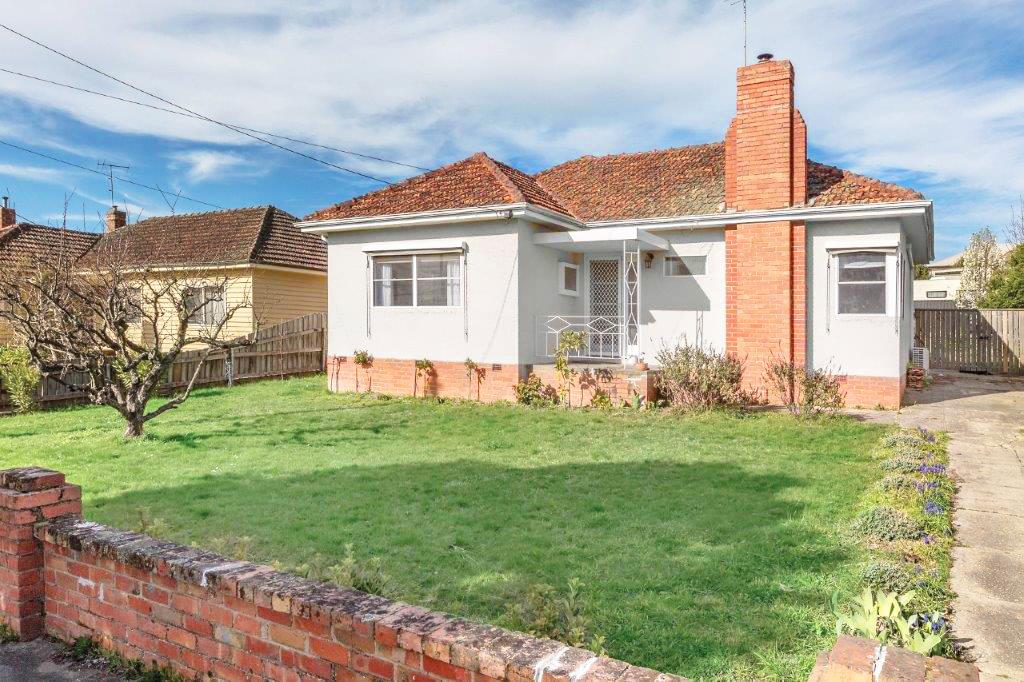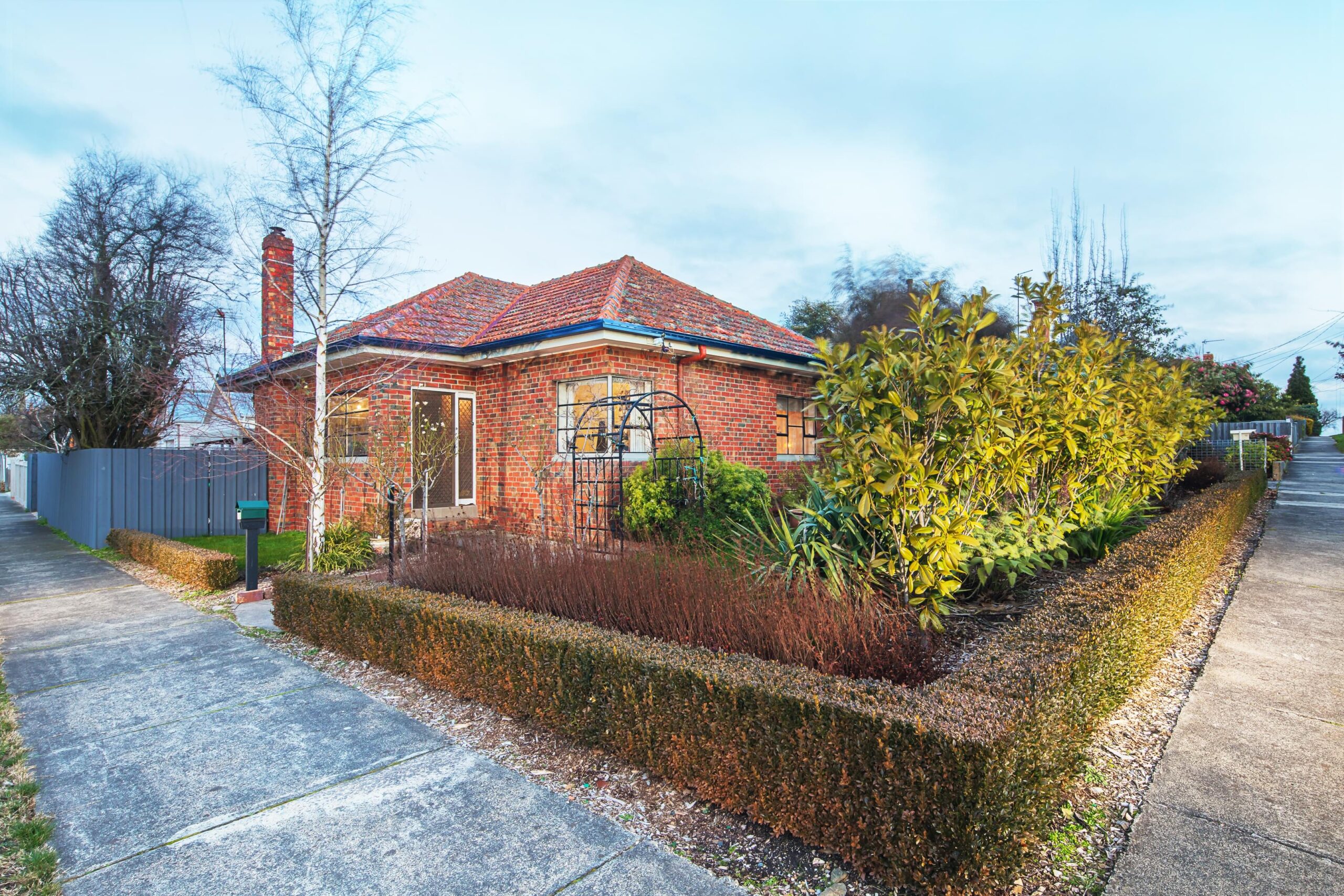This is the final edition of our 4-part series ‘First steps for First home buyers’. In case you missed them, check out the previous parts of the series:
Buying the Property
You’ve made it – the final stages of your property buying journey. This is what the months of house hunting and rifling through mountains of home loans have prepared you for. There’s just the tiny issue of the final paperwork that you’ll need to prepare to seal the deal. This is where a conveyancer or solicitor would come in handy. While you could purchase a DIY conveyancing kit, hiring a professional to deal with the legalities of transferring the property from the seller to yours truly could save you a lot of time. Their whole job is to deal with the paperwork you’re putting off – the preparation, execution, verification and lodgement of those documents? They’ve got it sorted.
Private sale or auction?
Conveyancer in hand, it’s time to snatch up that property you’ve been eyeing. You could either purchase via a private sale or an auction, although the buying process will differ slightly between the two.
Auction
Auctions are run by a licensed real estate agent and continue until at least the ‘reserve price’ is reached. While they can seem intimidating, auctions are considered to be the most transparent way to buy property since everyone’s offer is public. Beyond the strict rules that govern them, these are some things to keep in mind when it comes to buying at an auction:
- Look over the contract and bidder’s guide carefully. Familiarise yourself with the terms, and ask your conveyancer for clarification where needed.
- Have your finances ready. Usually, you’ll need to pay the deposit on the day of the auction after signing the contract (usually 10% of the purchase price). It’d be helpful to already have your loan unconditionally approved by your broker or lender and let them know you are bidding. Otherwise, you could risk losing your deposit and be liable for penalties to the seller.
- Know the rules. Offers at auctions are ‘binding’, meaning that from the moment the hammer falls, you’re legally obligated to purchase the property. Buying at an auction also means you don’t have the benefit of a cooling-off period i.e. the exchange of contracts and sale completion will occur on the day of the auction.
- Complete inspections beforehand. As mentioned in our previous article, a lot goes into deciding if a property is right for you. Since auctions are binding on the day of sale, make sure you’ve conducted the right inspections before auction day.
- Know your limits. You should go into the auction with a maximum figure in mind. There’s nothing worse than impulse-buying a house that’s a few hundred thousand over your initial budget because you got too competitive during the auction. It might also be wise to have someone with you on the day to poke you in the ribs if they see you raising the paddle at a ridiculous price.
Sometimes the seller will agree to a ‘pre-auction offer’. This allows you to jump the queue and make a bid directly through the agent before the auction opens. You’ll need to do some research on the approximate valuation of the property to help you make an offer compelling enough to convince the seller to call off the auction.
Private sale
If you’re someone who sweats under the pressure of a waiter breathing down your neck at a restaurant as you indecisively read and reread the 15-item menu, a private sale might be the way to go for you. As opposed to the fast-paced, competitive environment of an auction, a private sale is often considered less stressful, especially if you’re a first home buyer. So then, is a private sale better than an auction? There’s no direct answer to this age-old question and as Arch Staver, sales direct at Nelson Alexander says, “It’s always a case-by-case basis and very much depends on the property”.
Making the offer
With private sales, vendors list properties at an asking price which you can negotiate or make offers for through their real estate agent. This price is often listed at around 5-10% higher than the seller expects so keep this in mind when making your offer. You don’t want to insult the seller by offering too little, but offering something close to the listed price may mean that you’re paying more than the property is worth. A good way to get an estimate of the property’s actual value would be to observe the average sale prices in the last 6 months of similar properties within a 1km radius of your prospective home. You can find the list of sales for any suburb or postcode from property data providers, Residex or CoreLogic RP Data. Or, if you’d like an expert’s opinion, it might be worth hiring a professional valuer to inspect the property and provide their approximation.
There’s a certain art to making the offer and when you might be up against several other lurking potential buyers – timing is key. You don’t want to jump the gun and make an offer too high, but hold out too long and the price might go up! If you’re interested in the property, get a copy of the sale contract ASAP and have it closely examined by your conveyancer. Make sure you’ve already been pre-approved by your lender, and, when you’re certain about your offer price and any conditions you’d like to attach – make your move. You can make an offer to the seller’s agent either verbally or in writing, with written offer letters being more commonplace and helpful in keeping a paper trail of your negotiations.
From exchanging contracts to settlement
Once both parties are happy with the contract’s terms, the exchange of contracts legally completes the process of buying your home. The name is quite a literal representation of what happens on the day. Yourself and the seller each sign a copy of the contract of sale and hand them to each other.
On the day of the exchange, make sure your finances are in order. For private sales and auctions alike, around 10% of the purchase price must be paid as a deposit. So, while the bank may require you to have at least 20% saved, you may only need to pay the seller 10% when exchanging contracts. This is because you’ll still need to have enough saved to cover for the extra upfront costs we discussed in Part 1: Saving Up.
Cooling-off period
A benefit of purchasing via private sale is the cooling-off period you’re given after you exchange contracts. While the length of this period varies state by state, it’s usually around 5 working days where you can mull over the purchase, conduct further inspections and if need be, withdraw your offer.
Settlement
The final step. The day that home buying hopefuls count down towards in an anxious haze of planning, packing and last minute inspections. Settlement day usually occurs between 30-90 days after the exchange of contracts and marks the day when the property legally changes hands and the keys are yours.
Rather than some epic cutting-of-the-ribbon transaction, what actually happens on settlement day is quite unceremonious. A lot of the time neither you nor the seller even need to be present during settlement. Your conveyancer and lender sit down with the seller’s agent to sign the final documents of sale and sort out payment of the remaining balance. There’s a lot more that goes into this meeting, but on a high-level these important exchanges happen:
- Your lender pays the balance of the purchase price to the vendor and your mortgage officially goes into effect
- Other fees and duties (like stamp duty) are paid
- Your conveyancer receives the property title deed and officially registers you as the new owner
Once the documents are sent to the titles office, you’ll officially be the new owner of the property! Collect the keys and move on in!






